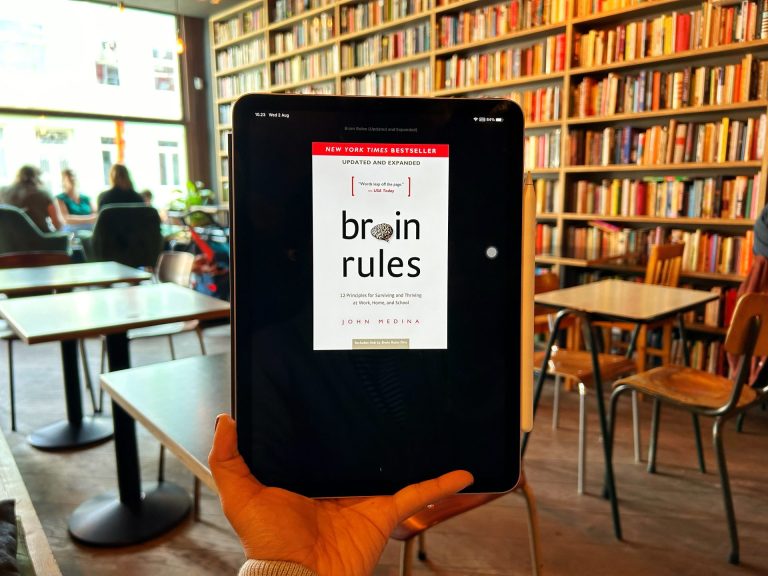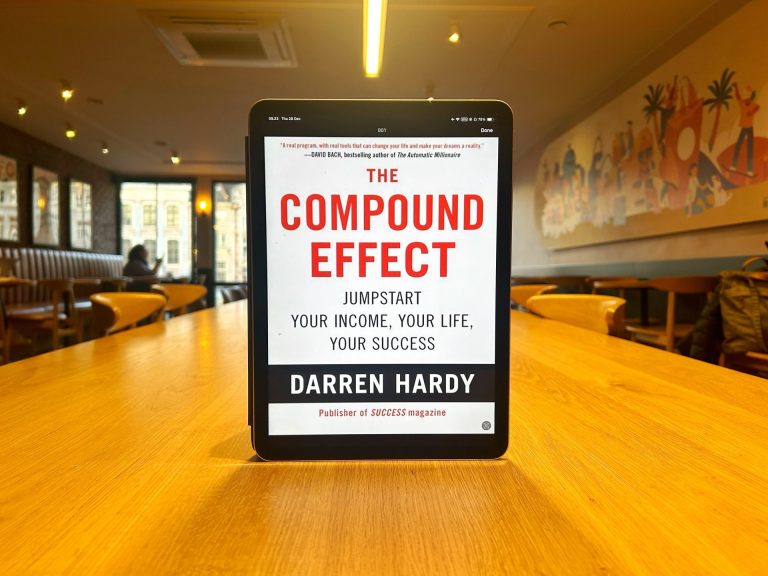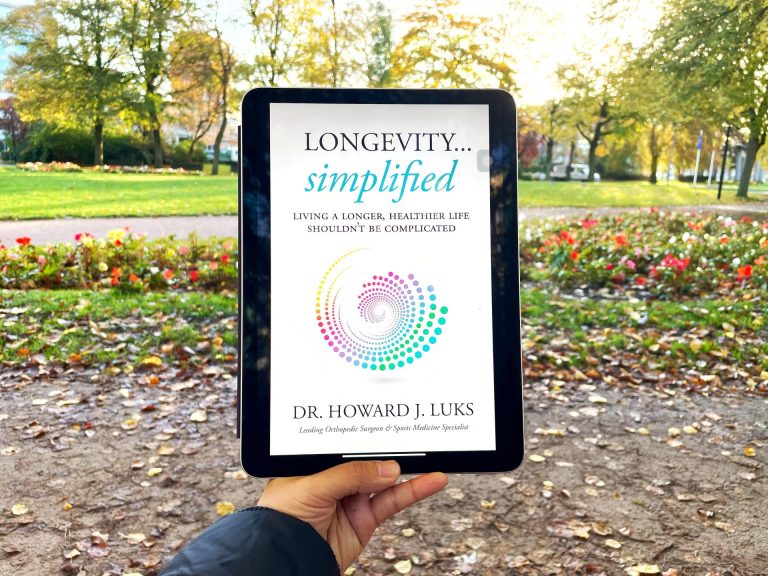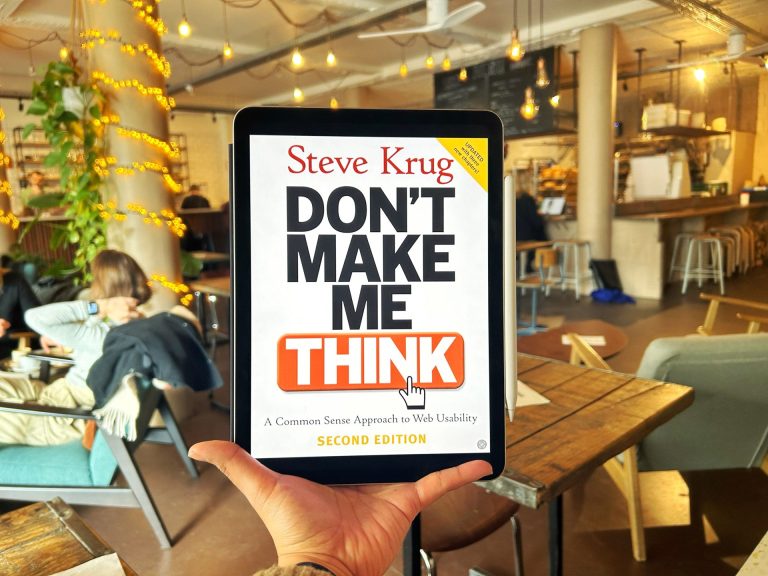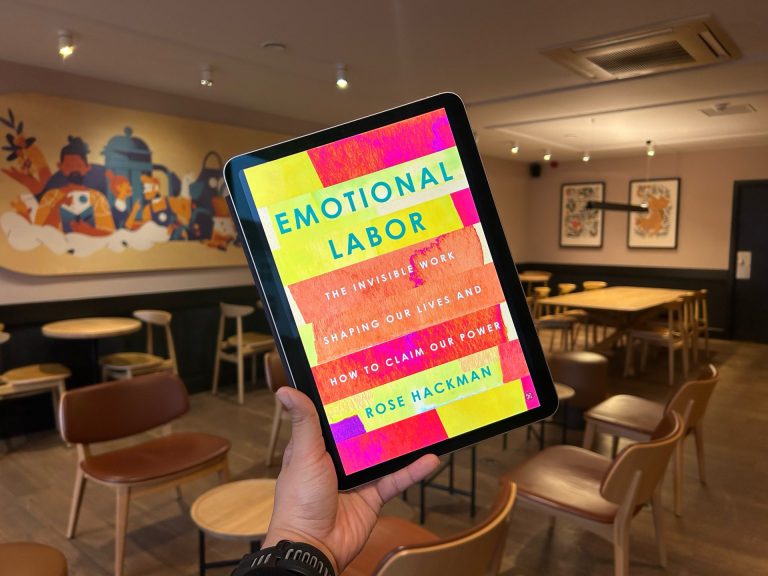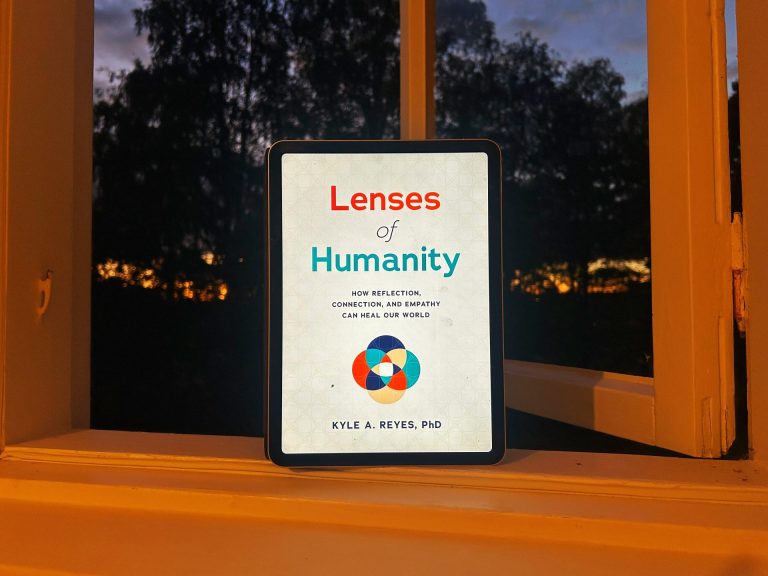I found out Why We Die: The New Science of Aging and the Quest for Immortality after a book reviewer mentioned it on social media, and I’m glad I did. Venki Ramakrishnan explores an uncommon topic in popular non-fiction: death. It covers the history of our understanding of death, discusses the evolving definition of death in today’s medical landscape, and explores the molecular pathways of death and aging. He mainly offers a biological perspective on death, so don’t expect philosophical perspectives.
Along the book, Ramakrishnan doesn’t just focus on death but also addresses the journey before it: aging. He also examines why some species live so much longer than closely related ones and what implications this might hold for us humans. Moreover, the book looks at the most recent efforts being made to extend lifespan and whether they live up to their hype.
Despite being packed with knowledge, Why We Die is quite direct, having 320 pages compared to the usual books on similar subjects that—as my observation—mostly at least 500 pages. Thus, the downside of this book is readers without a background in molecular biology may find some sections challenging to understand because no detail explanation in some technical terms.
The book presents numerous paradoxes surrounding aging and dying, such as Peto’s paradox, which defines the lack of correlation between body size and cancer risk. Ramakrishnan skillfully discusses through these paradoxes, explaining complicated topics like metabolic rates, cancer resistance in large mammals like elephants, and the molecular mechanisms behind aging and calorie restriction.
One interesting part of Why We Die is Ramakrishnan’s examination of scientific concepts in science fiction literature or movies. For instance, he addresses the idea of cryogenically freezing individuals immediately after death, with the hope of reviving them once a cure for their ailment is discovered. Ramakrishnan argues that the reality is far from what’s portrayed in fiction. Even if the body is frozen promptly after death, significant biochemical changes occur in each cell due to the lack of oxygen and nutrients, making the frozen state vastly different from that of a living human being.
He also goes into the views of transhumanists, who envision preserving consciousness and spreading it throughout the universe through advanced technology. They propose downloading the information from the brain into a computer, allowing for a transcendent existence free from bodily constraints. However, Ramakrishnan grounds these ideas in scientific and ethical considerations. He points out the complexities involved in simulating a human brain. Simply mapping the brain’s structure wouldn’t suffice, as each neuron isn’t merely a transistor in a computer circuit. The brain’s architecture and function are linked to its relationship with the body, constantly receiving and responding to sensory inputs. Additionally, the brain is dynamic, forming new connections daily and undergoing pruning during sleep. Moreover, a brain detached from the body would undergo profound changes, fundamentally altering its nature.
The various amazing coverage of death in the advancement of technology in Why We Die: The New Science of Aging and the Quest for Immortality gives a thorough exploration of the biology of death makes this book a must-read for those curious about life, aging, and death.
Summary
The History of Human Understanding of Death
- Our awareness of death is something our brains stumbled upon through evolution. It required our brains to become self-aware, which likely came about as our cognition and ability to communicate developed.
- Knowing about death can be scary. We often try to avoid thinking about it and use gentle words like “passed away” instead of facing it directly.
- Philosopher Stephen Cave talks about how humans have been trying to cheat death for ages. He divides our strategies into four plans:
- Plan A: Trying to live forever.
- Plan B: Hoping for a physical rebirth after death.
- Plan C: Believing in an immortal soul, even if our body doesn’t survive.
- Plan D: Leaving behind a legacy through our work or children.
- Our approach to death started changing during the Enlightenment and with the rise of modern science in the 18th century.
- Nowadays, instead of building grand tombs, wealthy people often donate to causes or establish foundations that will live on after them.
- If you’re not super rich or famous, don’t worry. Another way to leave a mark is through our children, a legacy available to most living things.
Understanding What It Means to Die
- When we talk about dying, we mean that our body stops working as a whole. Our body is made up of tiny cells that work together to make us who we are. When these cells stop communicating and working together, we die.
- Death is caused by aging. Over time, the chemicals in our body build up and cause damage to our cells and molecules. This damage makes us less able to function physically and mentally until we can no longer function as a coherent individual.
The Purpose of Death
- In nature, there’s a process called natural selection, where organisms with traits that help them pass on their genes are more likely to survive and reproduce.
- George Williams proposed a theory that aging happens because nature selects for certain genetic traits, even if they might be harmful later in life. These traits might be beneficial at an earlier stage. This idea is called antagonistic pleiotropy. Pleiotropy is just a term for when one gene has multiple effects.
Understanding Aging
- Biologists don’t believe that aging is unavoidable. Evolution mainly cares about passing on genes efficiently. Living a long life only matters if you can avoid being eaten, getting sick, or dying in an accident before old age.
- Our ability to repair DNA affects how we age. When cells sense significant DNA damage, they trigger a response. This response can lead to cell death or a state where cells can’t divide anymore. This helps prevent cancer but contributes to aging.
- People age at different rates. Genetics play a role, but stress and hardship can speed up aging.
- As we age, our cell’s quality control and recycling systems decline. This can lead to various diseases like inflammation, osteoarthritis, and cancer.
- Lack of sleep can accelerate aging by disrupting repair mechanisms.
- Calorie restriction can extend both healthy life and overall lifespan. Eating fewer calories may slow aging by sacrificing growth and reproduction for long-term health.
- However, calorie restriction has drawbacks. It can slow wound healing, increase infection risk, and cause muscle loss.
- Healthy mitochondria are crucial for aging well. Mitochondria are like energy factories in our cells. As they age, they contribute to cell decline and inflammation.
- “Inflammaging” is chronic low-level inflammation related to aging. It’s partly caused by older mitochondria leaking molecules that trigger inflammation.
- Maintaining healthy mitochondria is essential for good health and may slow down cognitive decline associated with aging.
Ways to Combat Aging
- Interestingly, the advancements in biology supporting the anti-aging industry also confirm some timeless advice for living a long and healthy life: maintaining a good diet, regular exercise, and getting enough sleep.
- The pharmaceutical and nutraceutical industries are trying to mimic calorie restriction by targeting molecular pathways to fight aging, similar to how our body responds to calorie deficit, good sleep, and exercise.
- However, lifestyle choices are currently more effective than any anti-aging medication available. They’re free, have no side effects, and can significantly improve health and longevity.
What Would Happen If We Live Forever?
- Greater inequality
Advances in medicine often benefit the wealthy first, potentially widening the gap between rich and poor. Health care systems and insurance companies may also dictate who gets access to these treatments.
- Overpopulation
If everyone lived much longer, it could lead to a significant increase in the world’s population, exacerbating existing issues of overpopulation.
My Favorite Bits
Exercise and sleep, affect a large number of factors in aging (…) These remedies currently work better than any anti-aging medicine on the market, cost nothing, and have no side-effects. While we wait for the vast gerontology enterprise to solve the problem of death, we can enjoy life in all its beauty. When our time comes, we can go into the sunset with good grace, knowing that we were fortunate to have taken part in that eternal banquet.
Venki Ramakrishnan, Why We Die: The New Science of Aging and the Quest for Immortality
Author: Venki Ramakrishnan
Publication date: 19 March 2024
Number of pages: 320 pages

